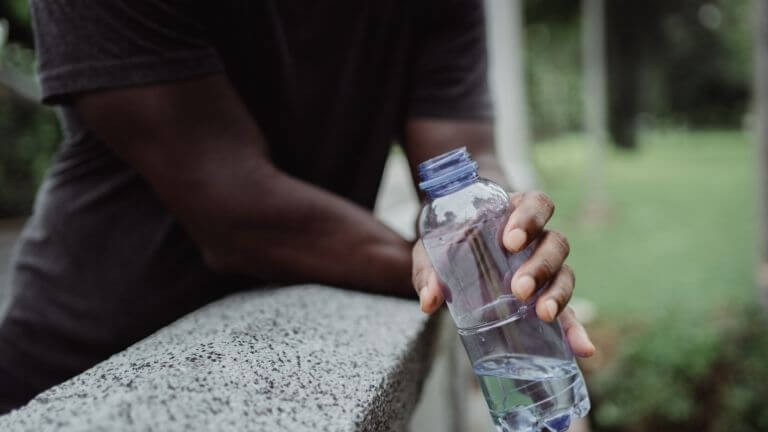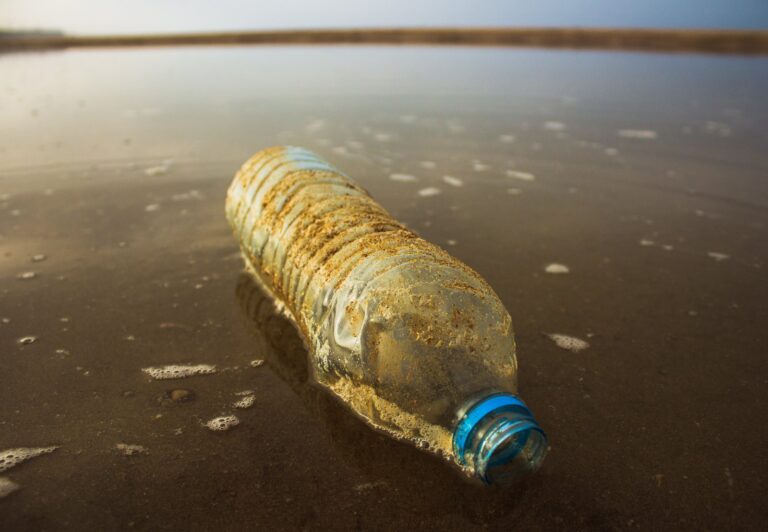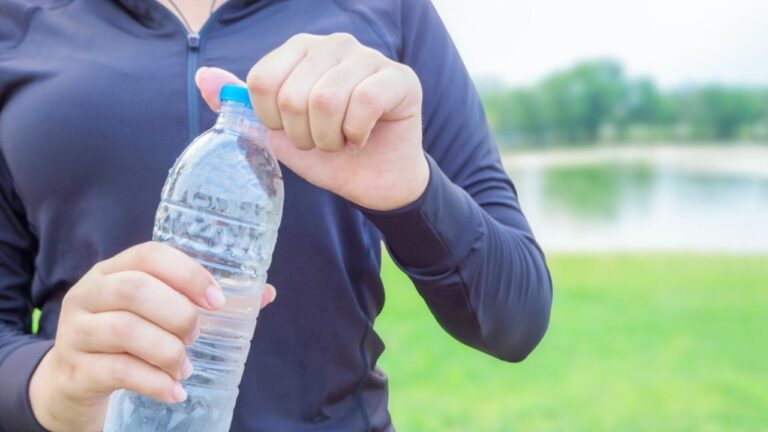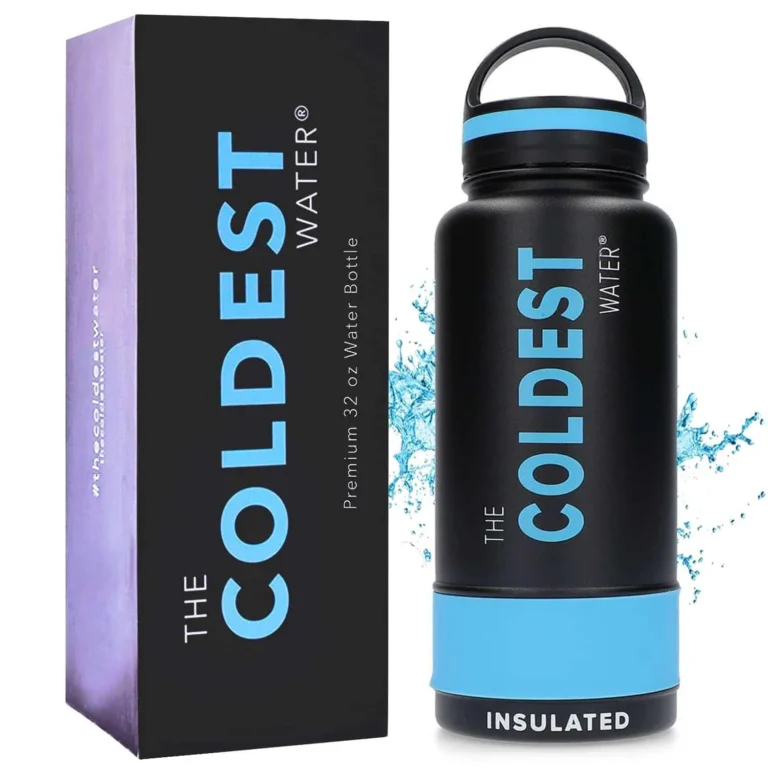Are you tired of constantly dealing with a leaky water bottle that ruins your bags and clothes and whatever? You’re not alone. Many people face the problem of their water bottles leaking, which can be frustrating. So, “Why does my water bottle leak?”
In this detailed blog post, you will know the Causes, Reasons, and tips to prevent water bottle leakage. Let’s start,
10 Reasons of Water Bottle Leaks:
Actually, No direct reason to bottle leakage. But, Including these causes is widely facing. So, There could be several reasons why your water bottle is leaking. Here are some possible explanations:
Damaged or worn-out seal: The seal around the lid of your water bottle may be damaged or worn out, causing it to leak.
Cracks or holes in the bottle: If there are cracks or holes in your water bottle, it can lead to leakage.
Overfilling: Filling your water bottle beyond its capacity can cause pressure to build up, which may result in leakage.
Loose lid or cap: If the lid or cap of your water bottle is not tightened correctly, it can cause the liquid to leak out.
Temperature changes: Extreme temperature changes can cause your water bottle to expand or contract, resulting in leaks.
Bumps and drops: If your water bottle has been dropped or bumped, it can cause the seal to loosen, resulting in leakage.
Improper storage: Storing your water bottle improperly, such as on its side, can cause leaks.
Poor quality: Cheap or low-quality water bottles may leak due to poor construction or materials.
Wear and tear: Over time, wear and tear can cause your water bottle to leak.
Dishwasher damage: Washing your water bottle in a dishwasher may damage the seal or cause cracks, leading to leakage.
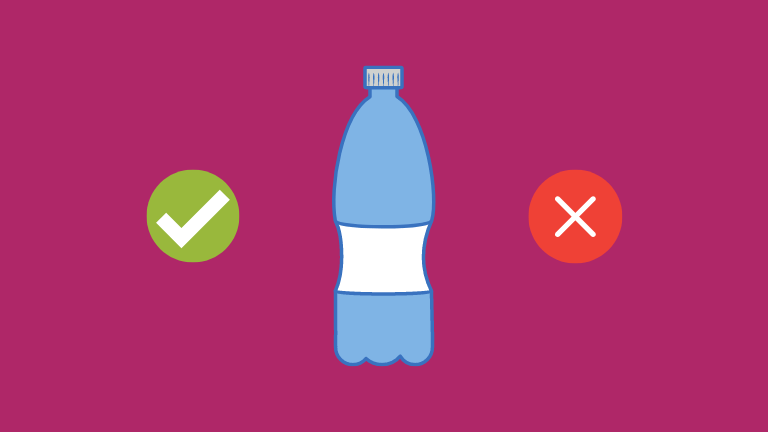
Which Bottle is Perfect for Leakage-proof?
Bottles are one of the most essential items we use in our daily lives. They come in various materials, such as plastic, glass, and metal. Each type has its own benefits and drawbacks.
While some people prefer the convenience of plastic bottles, others opt for the durability of metal or the eco-friendliness of glass.
However, regardless of which type you choose, nothing is more frustrating than a water bottle that leaks. Leakage can be caused by several factors such as a crack or dent on the container’s body or cap issues like a missing gasket or loose seal.
As well as you need to select a bottle that you see is durable and metallic good. For more consciousness, you can find information in BottlesInsider.
Cleaning & Maintenance Bottle to Avoid Leaks
Water bottles keep us hydrated and refreshed throughout the day. However, sometimes leaks can occur. Which not only creates a mess but also wastes water. This is where proper cleaning and maintenance of water bottles come into play.
To avoid leaks, it’s important to clean your water bottle regularly. Use warm soapy water or a bottle brush to scrub the inside of the bottle thoroughly.
Rinse with hot water and let it air dry completely before using it again. This will prevent any bacteria or build-up from accumulating in the bottle, which could cause leaks.
For Detail see a guide from us: How To Clean A Copper Water Bottle?
In addition to regular cleaning, proper maintenance is crucial in preventing leaks from occurring in your water bottle. Check for cracks or wear and tear on the lid or seal regularly and replace them if necessary.
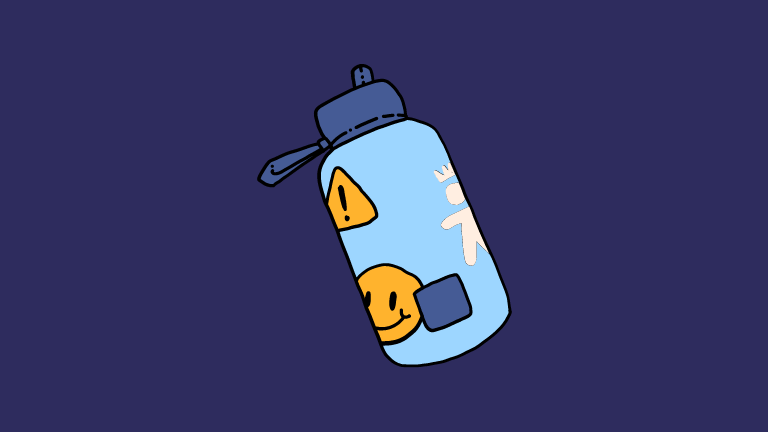
Prevention Tips for Water Bottle Leak:
Literally, A leaky water bottle can be frustrating, messy, and wasteful. Here are some water bottle leak prevention tips to help you avoid these issues:
Choose the right water bottle: Look for a water bottle with a good seal, preferably one with a screw-on cap. Avoid bottles with flip-top lids or straws, as they tend to be more prone to leaking.
See Our Review: Kinto Water Bottle Review
Tighten the cap properly: Make sure you screw on the cap of your water bottle tightly, but not so much that it becomes difficult to open later. This will ensure a proper seal and prevent leaks.
Keep the bottle upright: Water bottles are more likely to leak when they are placed on their sides or upside down. So, always try to keep your water bottle upright to prevent leaks.
Check for cracks and damage: Regularly inspect your water bottle for cracks, damage, or wear and tear that could compromise its ability to hold water. If you notice any damage, it’s time to replace your water bottle.
Avoid overfilling: Overfilling your water bottle can lead to pressure build-up and increase the likelihood of leaks. Leave some space at the top of the bottle to prevent this.
Use a bottle sleeve: Consider using a sleeve or cover for your water bottle. This not only protects it from damage but can also help prevent leaks by providing an extra layer of insulation.
Clean your water bottle regularly: Mold or bacteria growth in your water bottle can cause blockages and lead to leaks. So, make sure you clean your water bottle regularly with soap and warm water to keep it in good condition.
Following these water bottle leak prevention tips can ensure a more enjoyable, hassle-free experience when using your water bottle. Remember, a leaky water bottle can be easily prevented with a bit of care and attention.
Impact of Leaks: Spills & Messes
Water bottle leaks can be frustrating and inconvenient. Not only do they cause a mess, but they also waste precious resources. In fact, according to the EPA, the average person in the United States uses around 80-100 gallons of water per day, with about 30% of that being wasted due to leaks and other issues.
When it comes to water bottle leaks specifically, the impact may seem small on an individual level. However, when you consider the number of people who use water bottles every day and experience leaks, even a small amount of wasted water can add up quickly.
This is especially true for areas experiencing droughts or other water shortages.
In addition to wasting resources, water bottle leaks can also damage personal property such as electronics or furniture if left unattended for too long.
Conclusion: Stop the Leak
Leaks in water bottles are a common problem and can be caused by a variety of issues. It is important to inspect your water bottle before use and take measures to prevent the build-up of bacteria or mold.
If you have an ongoing problem with leaks, it may be time to invest in a new water bottle that is designed to prevent leakage. Most importantly, ensure that your lid is fastened securely and avoid overfilling your bottle.

